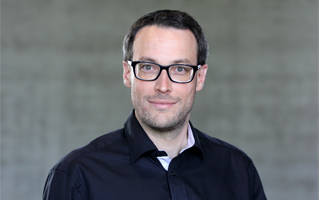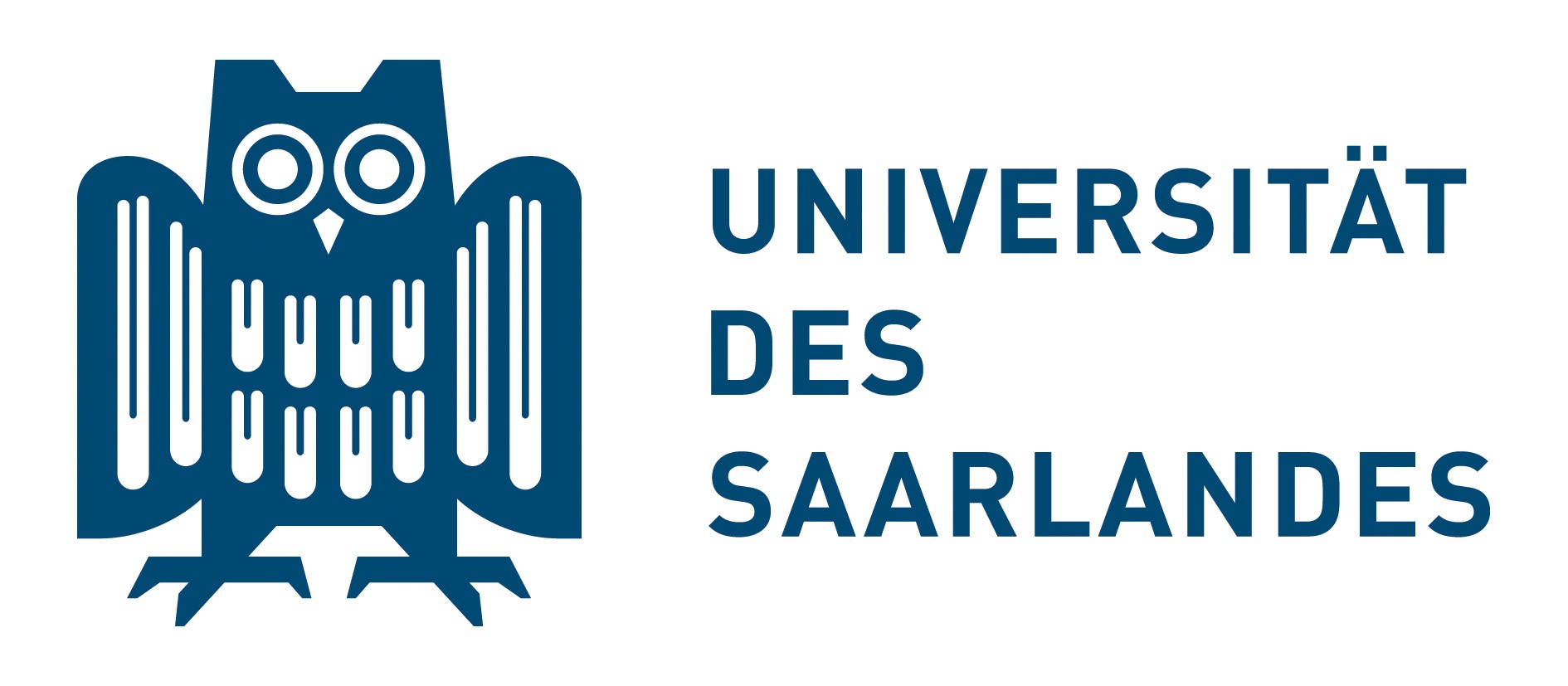Groups and Researchers in this Field
Computational Biology and Evolutionary Genomics: Discovering Phenotype-Genotype Associations
Michael Hiller heads the Computational Biology and Evolutionary Genomics group at the Max Planck Institute of Molecular Cell Biology and Genetics. The group is interested in a central question in genetics and evolutionary biology: Which differences in the genome underlie differences in the phenotypes of species? To address this question, we develop computational approaches to detect important genomic differences by comparative analysis, apply these approaches to discover statistical associations between phenotypic and genomic differences, and experimentally validate such associations by genome editing in model organisms. Our work contributes to a better understanding of how nature’s diversity evolved. Read more

Quantitative Bioimage Computation: Computer Vision and Machine Learning to Facilitate Biological Research
Florian Jug heads the Quantitative Bioimage Computation group at the Max Planck Institute of Molecular Cell Biology and Genetics. The overarching goal of the group is to push the boundary of what image analyses and machine learning can do for quantifying biological data. Current projects aim at understanding e.g. apical constriction during gastrulation in C.elegans, mitotic cluster formation in Drosophila and Tribolium, or morphological tissue changes in the green alga Volvox. The common denominator of such projects is the undisputable necessity to analyze large amounts of light microscopy data without causing impossible amounts of manual data curation and processing – often the one major bottleneck. Computational aspects of their research invovle (i) developing and applying novel, scalable solvers for the graphical models that underlie the automated data processing, and (ii) enabling so called ‘deep learning’ techniques to be applied to biological data. Read more

Computational Biology and Applied Algorithmics
Thomas Lengauer is a Scientific Director at the Max Planck Institute for Informatics, where he also heads the Computational Biology & Applied Algorithmics Department. On the methodological side, their research includes work on analysis of biological sequences, analysis and prediction of protein structure and function, analysis of intermolecular interactions and interaction networks, gene and protein expression patterns, and computational drug screening and drug design. On the application side, they focus on the diseases HIV/AIDS, analyzing viral drug resistance patterns as well as variants of viral entry into the host cell; HCV/Hepatitis C, contributing to uncovering the molecular basis of host-pathogen interactions; and neurodegenerative and autoimmune diseases, studying underlying protein interaction networks. Read more

Exploring Cells & Systems via Image Analysis and Customized Microscopy
Gene Myers is a director as well as a research group leader at the Max Planck Institute of Molecular Cell Biology and Genetics. The Myers lab is best known for the algorithm in BLAST and the paired-end whole-genome shotgun protocol and assembler—accomplishments in traditional sequence-based bioinformatics. Starting in 2002 the group has gradually shifted its focus, so that today it focuses almost exclusively on analyzing and extracting information from images obtained by various forms of microscopy, as well as building application-customized microscopes. They believe that such devices and the data they produce will reveal more about the function of the entities encoded in the genome than any other approach and will eventually become a prevailing paradigm of investigation, like sequence-based discovery is today. Read more

Efficient Algorithms for Omics Data
Knut Reinert is a professor at the Free University of Berlin and a Max Planck Fellow at the Max Planck Institute for Molecular Genetics. His Algorithmic Bioinformatics group focuses on development of novel algorithms and datastructures for problems in the analysis of biomedical mass data. In particular, they work on mathematical models for analyzing large genomic sequences, especially in the context of next generation sequencing, and data derived from mass spectrometry experiments, for example to detect differential expression of proteins between normal and diseased samples. Apart from modeling problems and devising efficient algorithms to solve them, the group focuses on developing free, integrated implementations of these algorithms and data structures in maintainable software libraries such as OpenMS and SeqAn. Read more

The MOSAIC Group: Scientific Computing for Image-based Systems Biology
Ivo F. Sbalzarini is a full professor on the faculty of computer science at TU Dresden, where he holds the Chair of Scientific Computing for Systems Biology in the Center for Systems Biology Dresden (CSBD). At the same time, Ivo is also a tenured Senior Research Group Leader at the Max Planck Institute of Molecular Cell Biology and Genetics. He is the founder and head of the MOSAIC group, which does research in scientific computing for image-based systems biology. The group exploits the unifying framework of particle methods for image analysis, numerical simulation, and model identification. Their research is mainly theoretical and computational. As they do not perform their own experiments and do not run a wet lab, they collaborate with numerous experimental groups in order to apply their methods to help advance biology. Read more

Computational Molecular Biology
Besides being an honorary professor of computer science at the Free University of Berlin, Martin Vingron is Director at the Max Planck Institute for Molecular Genetics, where he heads the Computational Molecular Biology Department and its Gene Regulation research group. Toward a better understanding of transcriptional regulation in eukaryotes, the group works to exploit the plethora of whole-genome sequence data as well as functional genomics data on gene expression and on DNA-binding proteins which are now available. Major issues are the identification of the sequence motifs in promoters and enhancers, the interplay between epigenetic marks and regulation, and the evolution of regulatory elements. Construction of gene regulatory networks is the ultimate goal to which this information should eventually contribute. Read more


